From the Middle East, with Love
(in Arabic, Persian, Hebrew, Turkish & Kurdish)
Malu Halasa, with linguistic contributions from Rana Asfour, Salar Abdoh and Lawrence Joffe
The songs of Egypt’s Um Kulthum, Iran’s Googoosh and Turkey’s Bülent Ersoy celebrate the many facets of love — from the unrequited to the joyful and the wickedly illicit. Some of the best poetry by medieval Islamic poets or ancient Bedouins tells the story of furtive glances, chance meetings and secluded hideaways. Enforced social, cultural, and religious segregation of the sexes, from ancient times until now, have put all that longing into words and aphorisms that have entered the popular vernacular.
The Beloved is as beautiful as the moon, in Persian and Arabic. He, she or they could also be “a liver” in Persian, or “oxygen” in Sorani Kurdish — organs and elements essential to the survival of a love-worn body politic. In Arabic, they can be honey, or their blood is light— not in weight but glowing — in someone’s aching heart. The phrase in Arabic, In sarakt, isrek gamal, wa in ashikt ishak gamar (“If you steal then steal a camel, and if you love then love someone as beautiful as the moon”) captures the possibilities of a night of wonder under the stars, in Jordan’s Wadi Rum. In many endearments, love and life are interchangeable.
The Hebrew Bible’s Old Testament’s Shir haShirim (Song of Songs, also known as the Song of Solomon) offers unlikely similes. A woman’s eyes are like a dove’s, or she has a mane of hair that moves similar to a flock of goats, as in Shir haShirim 4:1 — Hinoch yafa ra’iti, hinoch yafa ‘einayich; yonim mi-ba’ad le-tzamatikh sa’ireikh ke-‘eiderr ha’izim she-galshu mei-har gil’ad (“Behold I saw that you are fair, my beloved… your eyes are doves, from within your kerchief; your hair is like a flock of goats that streamed from Mount Gilead.”) One of the first erotic poems also captures the desolation of absence: “I will arise now and go about the city, in the marketplaces and in the city squares. I will seek him whom my soul loves; I sought him, but I did not find him,” and “The watchmen who patrol the city found me: ‘Have you seen him whom my soul loves?’” (Shir haShirim 3:1-3.)
Despite the modern hate speech on social media, the internet is awash in sentimental, old-fashioned love. Learning the verses of the Persian Sufi poet, Rumi by heart has a dual purpose: His poetry translated into Turkish is one of many ways of learning the language. His advice, Bırаkаcаğın еli hiç tutmа, tutаcаğın еli isе hiç bırаkmа. Sаhtе sеvgililеrе gül olmаktаnsа, gеrçеk sеvgililеrе ԁikеn ol (“Don’t ever hold the hand you’ll leave, don’t ever leave the hand you’ll hold. Instead of being a rose to fake lovers, be a thorn to real lovers,”) teaches fortitude to those who dare to love.
The Persian translator Salar Abdoh provides a timely warning to those who rely on the polyglot internet and chatbots: “Rumi was after all one of several towering poets of the Persian language. Translated, he might still be an outstanding poet, yet nothing like the sublime wordsmith that he was in Persian.” Still, some of the Sufi poet’s meaning gets through, when he suggested not all love is a bed of roses. It’s like getting burned or putting on “the shirt of fire.”
Then there are those who have the temerity to reject love. To which there can be only one reply, in Arabic: Habak bors — May a lizard love you! No matter, love is as old as time, and affectionate phrases abound in Kurdish dialects, from Kurmanji to Sorani.
For tongue-tied lovers, in honor of St. Valentine’s Day, the Markaz Review offers the lexicon of romance, in five languages.
ARABIC
الحب مثل الريح، لا يمكنك أن تراه، ولكن يمكنك أن تشعر به
Alhob mittil alreeh la yumkinuka an tarah, walaken yukinuka an tashuur bihi
Love is like the wind, you can’t see it, but you can feel it.
انت عمري
Anta omri
You are my life.
Um Kulthum immortalized this popular love saying in a song of that name.
من عيوني
Min oyouni
From my eyes.
This would be the answer when a loved one asks his/her/their beloved for a favor.
على راسي
Ala raassi
On my head
That is the literal translation and is used when someone who is loved holds the other person in such high esteem, they would do absolutely anything asked of them.
كلامك عسل على قلبي
Kalamak assal ala albi
Your words are honey on my heart.
This is a flirtatious phrase from one to their beloved to suggest what’s being said is as sweet as honey.
دمك خفيف
Dammak khafeef
Your blood is light.
This means someone is likeable and adorable.
تقبر قلبي
Tobor kalbi
Bury my heart.
It may sound horrific. However, it is a term of endearment meant for those you truly love, for it means that one loves another so much they are willing to die for them.
مِن أَجلِكَ أَلفُ مَرَّةٍ أُخرى
Min ajlika alfumarratin ukhra
For you a thousand times more.
أَنتَ حَبيبُ روحي
Anta habibu ruhi
You are the love of my soul.
القرد بعين امه غزال
Al gird be ayn ommo ghazal
The literal translation is: A monkey in its mother’s eyes is as beautiful as a gazelle. Meaning that if you love someone, even if they’re ugly, you only see them as perfect.
حبك برص
Habak bors
May a lizard love you!
This the reaction of someone whose heartfelt feelings are not reciprocated.
إن كان حبيبك عسل ما تلحسوش كله
Inkan habeebak assal, tillhasosh kollo
If your beloved is honey, don’t lick them all up.
The literal translation is a warning against emotional gluttony.
بموت فيكي
Bamoot feekee
I die in you.
Eternal love is someone you would die for.
إن سرقت، اسرق جمل، وإن عشقت، اعشق قمر
In sarakt, isrek gamal, wa in ashikt ishak gamar
If you steal, then steal a camel, and if you love, then love someone as beautiful as the moon.
حبيبي زي الفل
Habibi zay illful
My beloved is perfect.
حبيبي زي القمر
Habibi zay ill gamar
My beloved is as beautiful as the moon.
مهووس بيك
Mahwoos beek
I am crazy about you.
يا حياتي
Ya Hayati
Oh, my life
أنت روحي
Inta ruhi
You are my soul
يا قلبي
Ya albi
My heart, which means my beloved.
يا فلذة كبدي
Ya falathit kabidi
Oh, essence of my liver
It is the highest endearment for the beloved.
يا بعد عمري
Ya baad omri inta/inti
Oh after my life, you!
Meaning you are my now and forever.
يا عيوني
Ya oyouni
My eyes
In this usage, “my eyes” is closer in meaning to “the apple of my eye.”
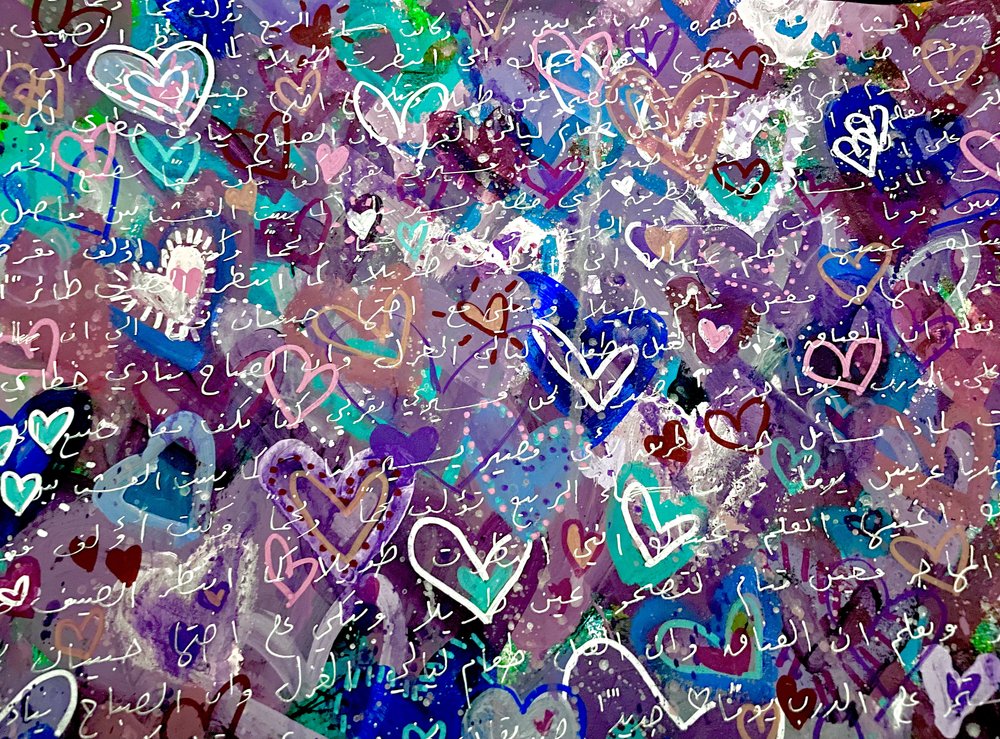
PERSIAN
جیگرت رو
You liver
This is a term of endearment, which means you really adore someone.
دلم باهاته
My heart is with you.
بدون تو نمیتونم
Without you I can’t.
توی دلمی
You’re in my heart.
افتضاح می خوامت
I want you something awful.
داغونتم
I’m broken for you.
درکت می کنم
I get you.
من و تو هم رو می فهمیم
You and I understand each other.
دوست دارم
I adore you.
من پشتتم
I’m behind you.
برات همه چیم رو میذارم
I’ll leave my everything for you.
چشمات رو می خوام
I want your eyes.
بیا پیش هم باشیم
Come let’s be next to each other.
منو میکشی
You kill me.
می میرم برات
I die for you.
پیشم باش
Stay with me.
عشق منی
You’re my love.
ماه من
My moon
HEBREW
Love in Hebrew is אהבה, ahava. Some three millennia after the Song of Songs, an amorous girl could tell her Tel Aviv boyfriend:
אני אוהבת אותך
Ani ohevet otkha – and he might reply in kind: Ani ohev otakh.
Alternatively, it might be hipper these days to say:
אני דלוק עלייך
Ani daluk ‘alayikh (male to female).
I have a thing for you (or literally, I am burning on you.).
Or even:
אני מת עלייך
Ani met ‘alayikh
I am crazy about you (though literally, and somewhat alarmingly, “I am dying on you.”)
Lastly, he could resort to:
אני חולה עלייך
Ani Holeh ‘alayikh
This means: I am obsessed with you, which is much better than the direct translation: I am sick on you.
More romantically, if wordily, a girl asking a boy “Would you be my Valentine?” — or literally, my love festival partner — comes out as
האם אתה רוצה להיות בן זוג שלי בחג האהבה
Ata rotzeh lihiyot ben-zivug sheli ba-Hag ha-ahava?
RUMI’S RULES OF LOVE, IN TURKISH
Aşk sayıya sığmaz, ölçüye gelmez sevgidir.
Love is an endearment that doesn’t fit into numbers and measurements.
Aşığın hastalığı bütün hastalıklardan ayrıdır.
The disease of the lover is different from all diseases.
Aşk sandığın kadar değil, yandığın kadardır.
Love is not as much as you think, it’s as much as you are burnt.
Aşk, öyle engin bir denizdir ki, ne başlangıcı ne de sonu vardır.
Love is such a vast sea that it has neither beginning nor end.
Bırаkаcаğın еli hiç tutmа, tutаcаğın еli isе hiç bırаkmа. Sаhtе sеvgililеrе gül olmаktаnsа, gеrçеk sеvgililеrе ԁikеn ol.
Don’t ever hold the hand you’ll leave, don’t ever leave the hand you’ll hold. Instead of being a rose to fake lovers, be a thorn to real lovers.
Aşk ateşten gömlektir.
Love is a shirt made of fire.
Aşk ağlatır, dert söyletir.
Love makes you cry, trouble makes you talk.
Aşk yaşanır, anlatılmaz.
Love is lived, not explained.
KURDISH
Kurmanji
Dilê min
My heart.
I te hez dikim
I love you.
Sorani
Ronîya çavê min
Light of my eyes
Bo awana Jwani?
Why, are you so beautiful?
Nazdarakam
My darling
Hanasa
My Oxygen
This is a literal translation, which refers to breath.



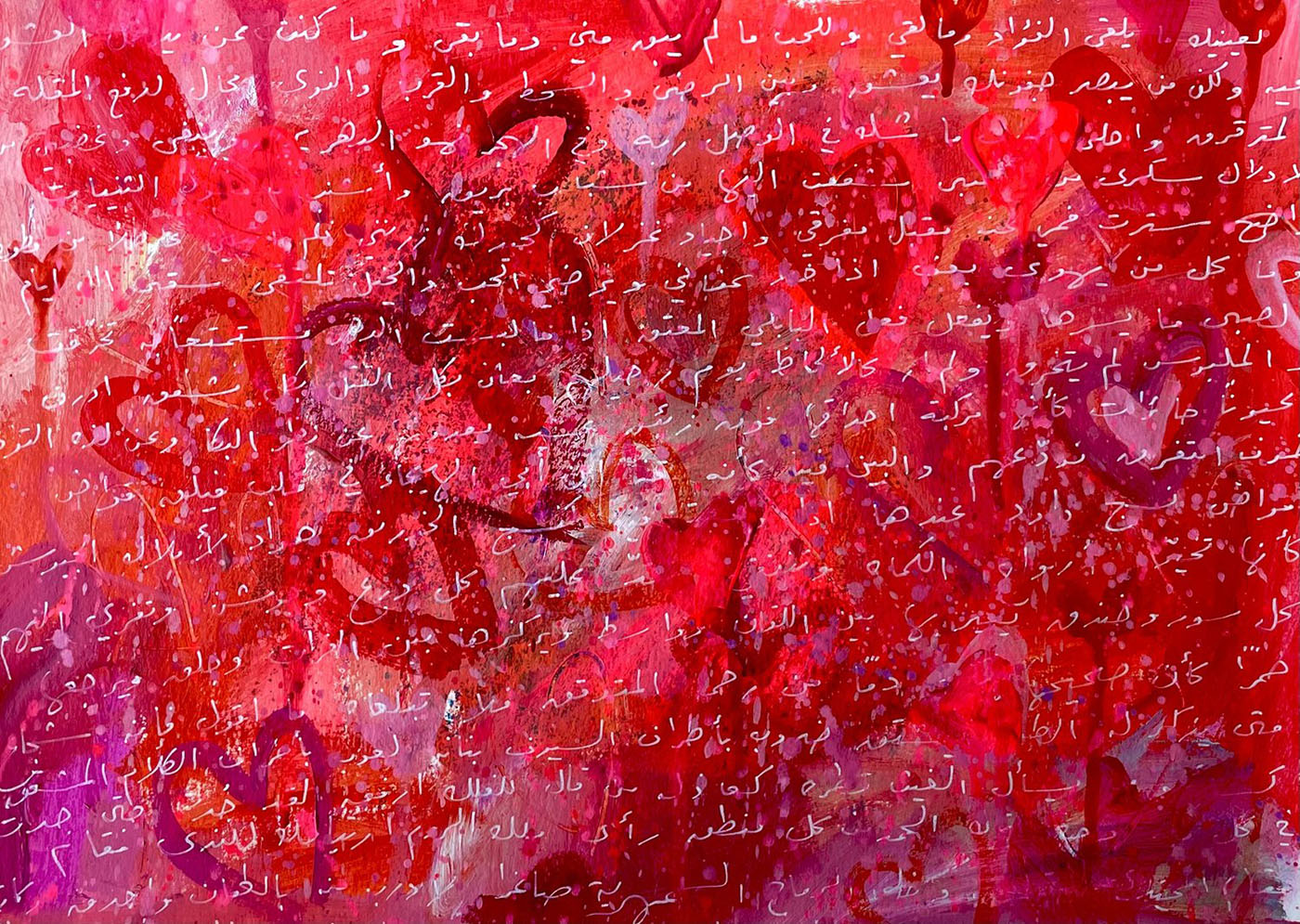


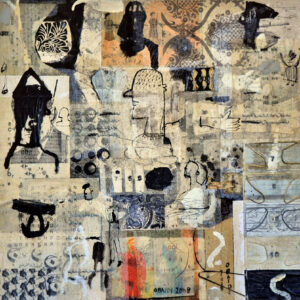









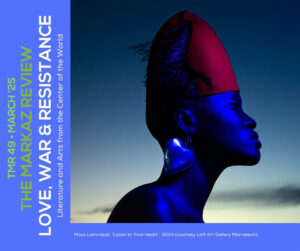


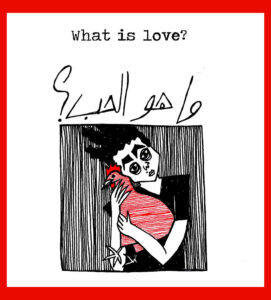











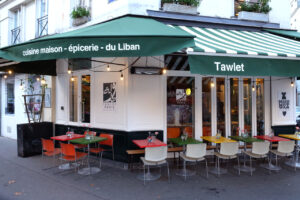





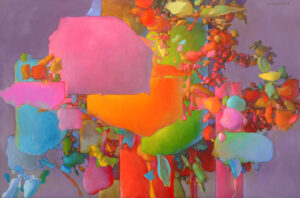


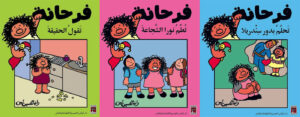
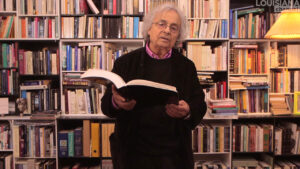









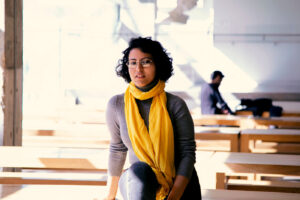
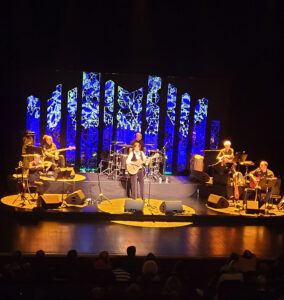


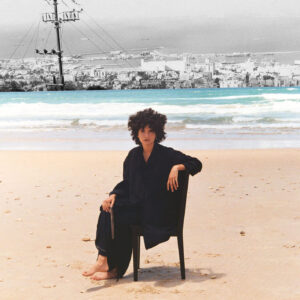
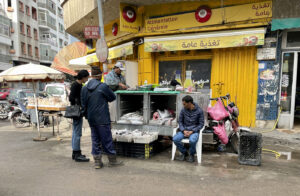










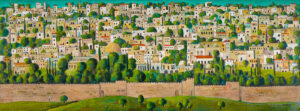

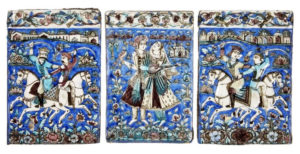





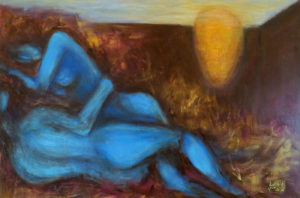







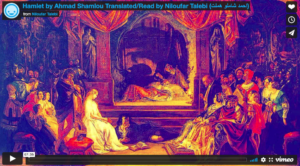
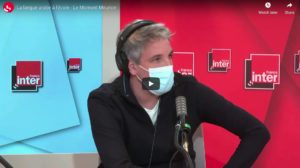
Beautiful article, well written.
What a delightful article to wake up to and so easy to read.Happy Valentines.
Lizards and liver! Love is natural, and found everywhere.
I wouldn’t say that love conquers all, but it does endure – even (especially) in the worst of times.